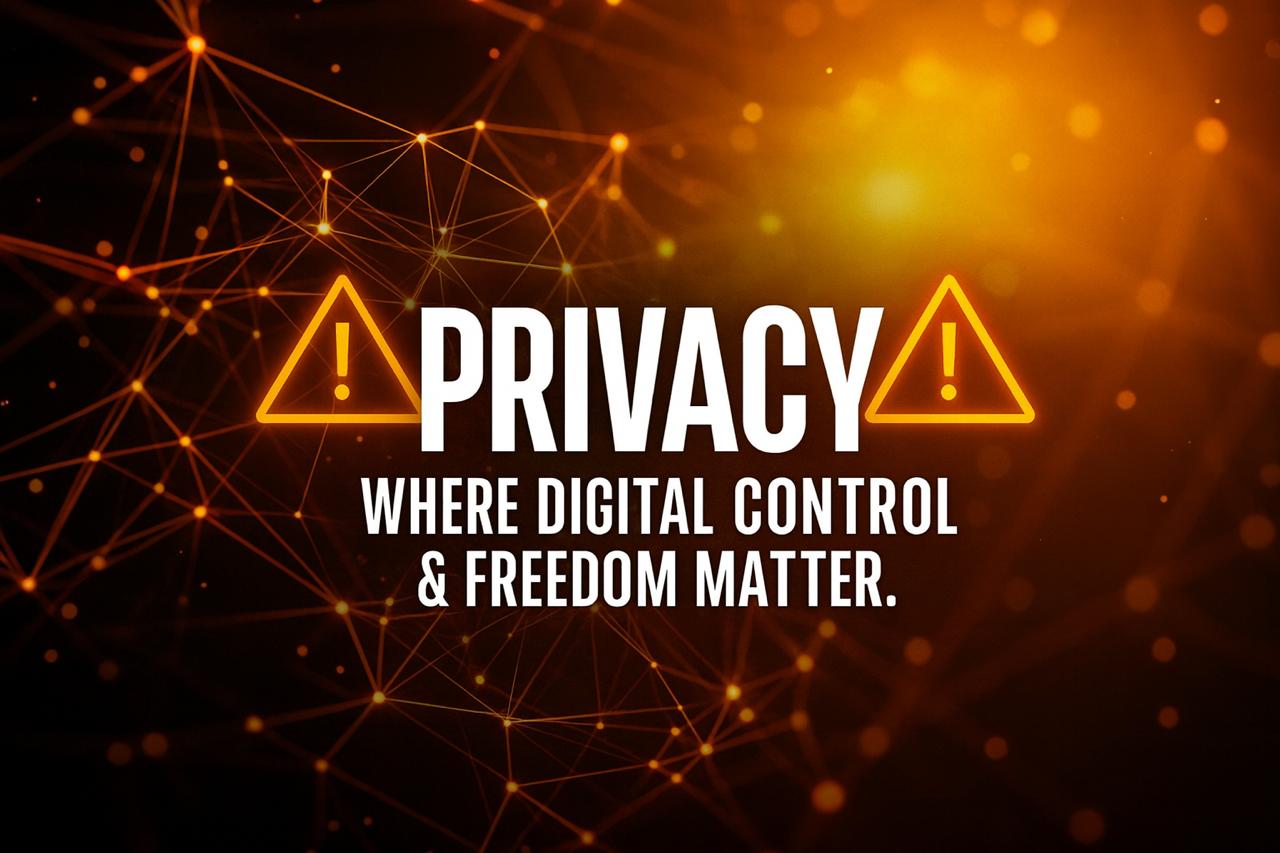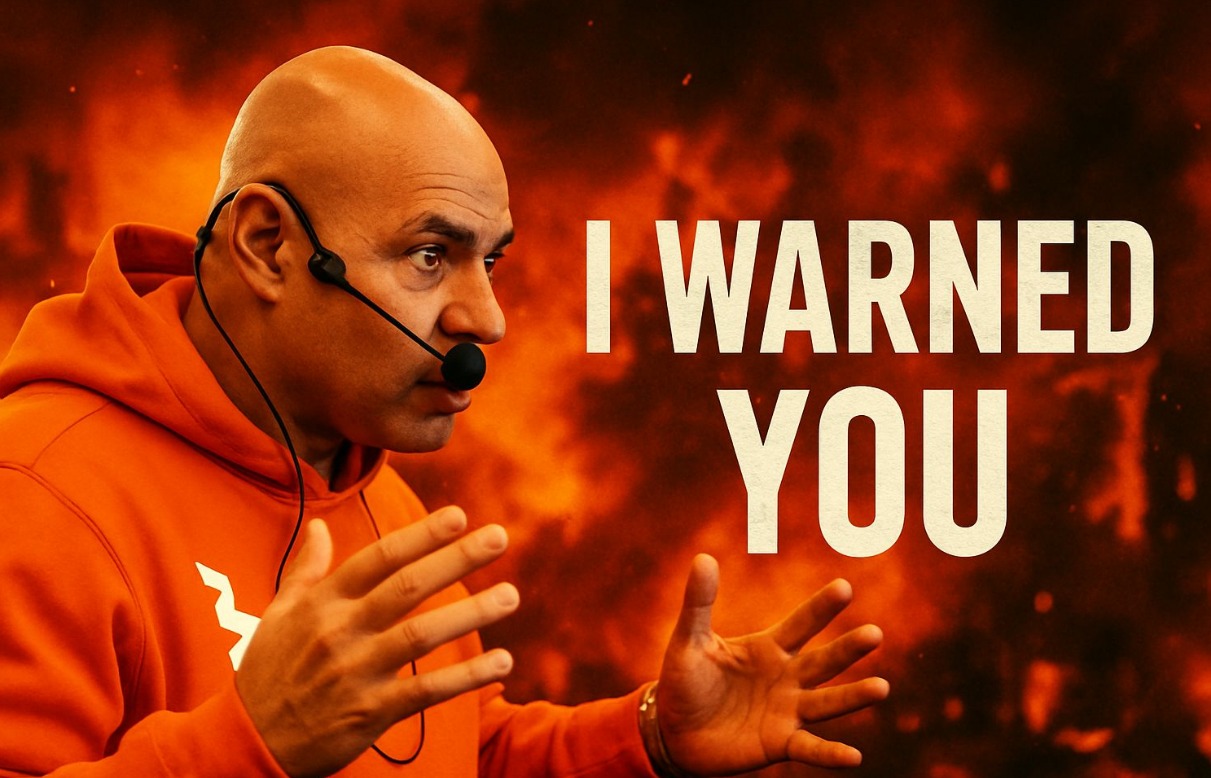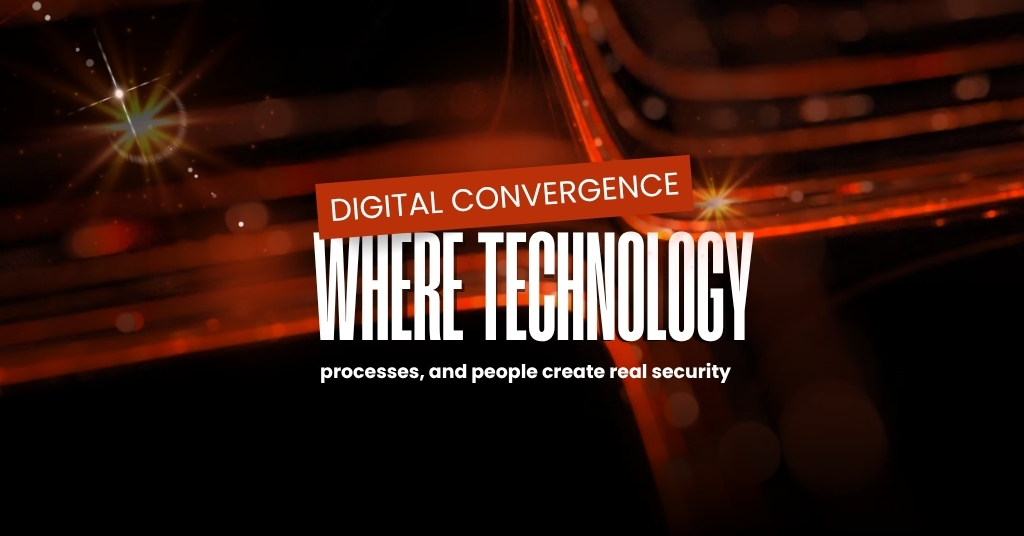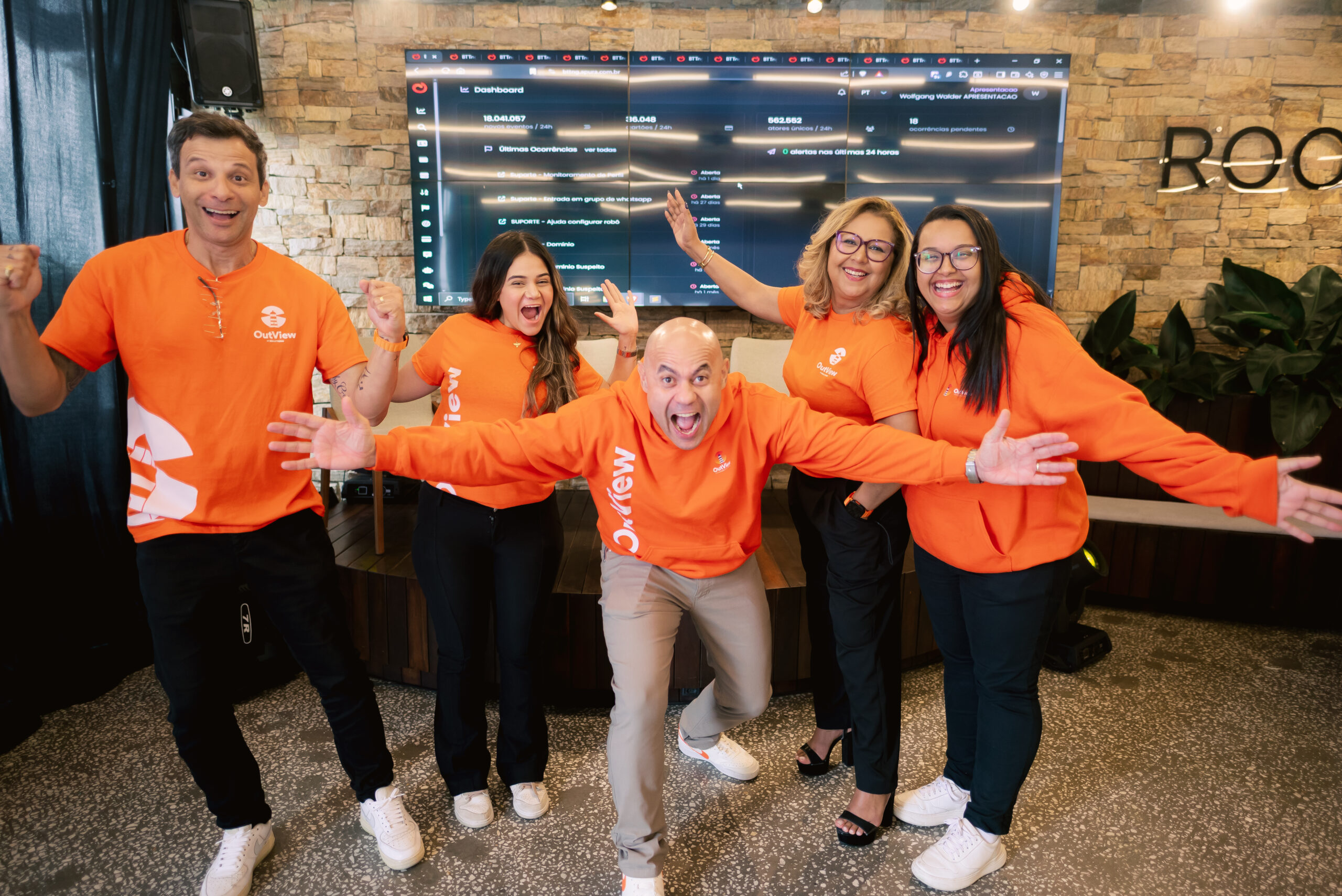Brazil Is Taking the First Step Toward a Digital Control Model and Almost No One Has Noticed: Over the past few weeks, an unexpected debate has taken over social media: citizens reporting that they can’t access Gov.br when using privacy protections such as VPNs, IP masking, or the iPhone’s Private Relay feature
At first glance, it may sound like just a technical detail. But anyone who works with cybersecurity, infrastructure, or digital public policy knows: technical details are never just details. Very often, they are the first brick of a surveillance model.
And without public scrutiny, that brick becomes a wall.
What’s happening in Brazil?
- Users have reported that:
- They cannot access Gov.br when using a VPN.
- Access is denied if the IP is masked.
- Native iPhone privacy features may block public service access.
There is no explicit federal decree stating:
“Disable your privacy to access public services.”
But technically, that’s exactly what is happening.
If the platform requires tracking your IP as a condition for service, it means:
Your rights only exist if you are being monitored
And that should make the entire country pause.
But is this “just a technical issue”?
No.
Absolutely not.
This is always the first justification when monitoring mechanisms start gaining ground:
“It’s only so the system works properly.”
The problem: when private services block VPNs, it’s a commercial choice.
When the State requires tracking to deliver digital citizenship, it becomes a political precedent.
And something much bigger is at stake:
Brazil’s LGPD defines privacy as a fundamental right.
If the State conditions this right on surveillance, it stops being a provider of public services and becomes a gatekeeper of digital life.
This Already Happened in Other Countries and It Never Ends Well
Recent history provides a clear roadmap:
China
- A full-scale surveillance laboratory.
- VPNs blocked
- Digital anonymity prohibited
- Mandatory state-controlled Digital Identity
- Monitoring by neighborhood, behavior, and political alignment
Privacy no longer exists as a concept.
Venezuela
- Where surveillance became a political weapon.
- Systematic website blocking
- Traffic monitoring and interception
- Traceability used as a loyalty indicator
Anyone who protects their privacy is treated as suspicious.
- he extreme endpoint.
- All access is tracked
- Privacy = political crime
- If the State cannot see you, you do not exist
There, citizens don’t use the internet.
They use the government’s internet.
Do You Recognize the Pattern?
The stages are always identical:
- “It’s just a technical limitation.”
- “It’s only for security.”
- “If you’re not guilty, you don’t need privacy.”
- “Now you must identify yourself.”
- “Now you must remain trackable.”
- “Now we decide if you can access the system.”
By the time this stage is reached, the game is over.
What Is Truly at Stake in Brazil?
It’s not about iPhones.
It’s not about VPNs.
It’s not “tech people being dramatic.”
It’s about something far deeper:
The right to exist digitally without being tracked.
Today:
“Disable your privacy to access.”
Tomorrow:
“Your behavior triggered an alert. Access denied.”
Privacy is not an obstacle.
Privacy is what prevents the State from becoming something larger and more dangerous — than it should be.
Privacy Is Freedom
When the State must monitor citizens to deliver services, democracy is no longer the context.
We enter a dangerous threshold where technological convenience can quietly become social control.
And the key question remains:
Are we willing to accept a government that only serves us if it can track us?
The answer to that question will define Brazil’s digital future.
Outview’s Perspective: Security Without Mandatory Surveillance
Outview sees this debate as essential for Brazil’s future not just from a cybersecurity standpoint, but for the protection of digital rights.
Our position is clear:
Technology should protect people, not monitor them.
Real security is built with governance, encryption, strong authentication, and robust architecture not forced tracking.
The role of the public sector is not to surveil citizens, but to ensure secure access without sacrificing privacy.
And the role of technology companies is to deliver solutions that strengthen protection while keeping user autonomy at the center.
A free digital future only exists if privacy continues to be treated as a right, never as an inconvenience.
Outview believes in a digital ecosystem where:
- Protection does not require exposure;
- Authentication does not require surveillance;
- Governance does not require tracking;
- And technology strengthens trust instead of replacing it with control.
That is the path we defend.
And it is the path we will continue to build with ethics, security, and respect for digital freedom.





